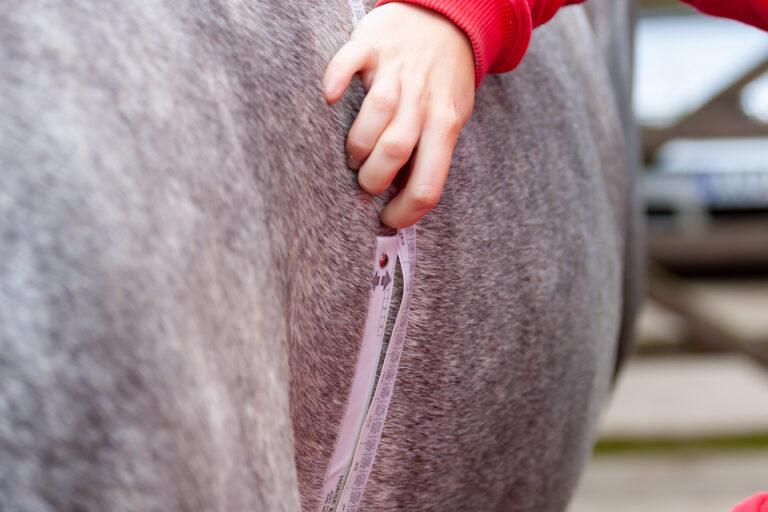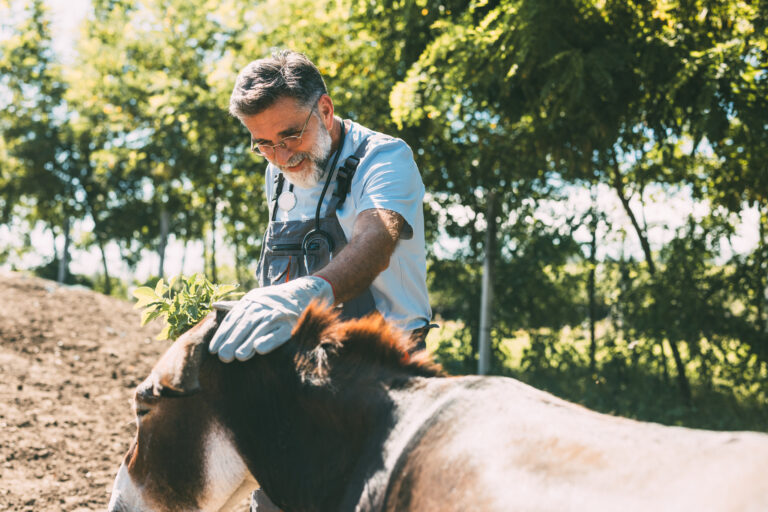
The California Department of Food and Agriculture (CDFA) has updated information for the current equine herpesvirus type 1 (EHV-1) outbreak.
EHV-1 Quarantine in Santa Clara County
March 16, 2022: No additional cases have been confirmed. CDFA continues to monitor the situation.
March 14, 2022: No additional cases have been confirmed. CDFA continues to monitor the situation.
March 11, 2022: One (1) additional horse on the premises, a 21-year-old Thoroughbred gelding, displaying neurological signs was confirmed positive for Equine Herpesvirus Myeloencephalopathy (EHM) secondary to equine herpesvirus-1 (EHV-1 non-neuropathogenic strain) on March 11th. The gelding was euthanized on March 8th due to severity of clinical signs. CDFA is actively monitoring the situation.
Second EHV-1 Quarantine in San Mateo County
March 16, 2022: No additional cases have been confirmed. CDFA continues to monitor the situation.
March 14, 2022: No additional cases have been confirmed. CDFA continues to monitor the situation.
March 15, 2022: Five (5) additional horses on the premises displaying fever or mild clinical signs only were confirmed positive for EHV-1 on March 15th. To date, there have been two (2) confirmed EHM cases (EHV-1 infection with neurological signs) and twenty-two (22) positive EHV-1 fever-only or mild clinical cases associated with this incident. CDFA is actively monitoring the situation.
March 14, 2022: Four (4) additional horses on the premises displaying fever or mild clinical signs only were confirmed positive for EHV-1 on March 14th. To date, there have been two (2) confirmed EHM cases (EHV-1 infection with neurological signs) and seveteen (17) positive EHV-1 fever-only or mild clinical cases associated with this incident. CDFA is actively monitoring the situation.
March 13, 2022: One (1) additional horse on the premises displaying neurological clinical signs was confirmed positive for EHV-1 on March 13th. To date, there have been two (2) confirmed EHM cases (EHV-1 infection with neurological signs) and thirteen (13) positive EHV-1 fever-only or mild clinical cases associated with this incident. CDFA is actively monitoring the situation.
Second EHV-1 Quarantine in Orange County
March 16, 2022: No additional cases have been confirmed. CDFA continues to monitor the situation.
March 13, 2022: One (1) additional horse on the premises displaying fever or mild clinical signs was confirmed positive for EHV-1 on March 13th. To date, there have been two (2) confirmed EHM cases (EHV-1 infection with neurological signs) and fourteen (14) positive EHV-1 fever-only or mild
EHV-1 Quarantine in Orange County
March 16, 2022: No additional cases or clinical signs have been reported. CDFA continues to monitor the situation.
March 14, 2022: No additional cases or clinical signs have been reported. CDFA continues to monitor the situation.
HV-1 Quarantine in Riverside County
March 16, 2022: No additional cases have been confirmed. CDFA continues to monitor the situation.
March 14, 2022: No additional cases have been confirmed. CDFA continues to monitor the situation.
EHV-1 Quarantine in San Mateo County
March 16, 2022: No additional cases have been confirmed. CDFA continues to actively monitor the situation.
March 14, 2022: One (1) additional horse from the index premises displaying fever only with no neurological signs was confirmed positive for EHV-1 on March 14th. To date, five (5) EHM cases (EHV-1 positive with neurologic signs) and thirty-five (35) EHV-1 febrile only cases have been confirmed. CDFA continues to actively monitor the situation.
You can see the CDFA update through March 10 here.

![[Aggregator] Downloaded image for imported item #18782](https://s3.amazonaws.com/wp-s3-equimanagement.com/wp-content/uploads/2025/11/03125751/EDCC-Unbranded-13-scaled-1-768x512.jpeg)


